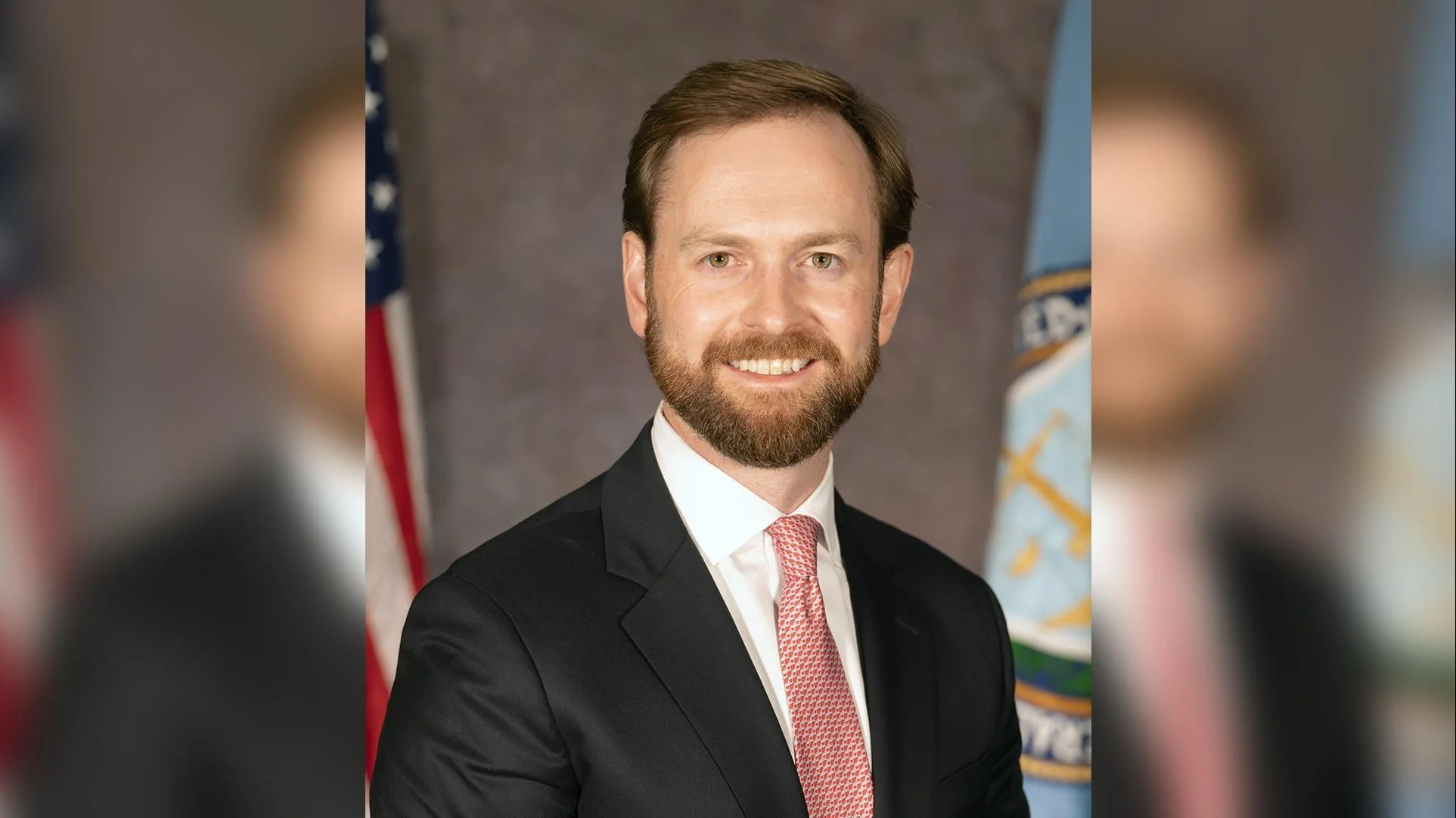The Federal Trade Commission has issued a proposed order requiring Workado, LLC to cease claims about the accuracy of its artificial intelligence detection products. The order mandates that Workado must have competent and reliable evidence to support such claims.
Chris Mufarrige, Director of the FTC’s Bureau of Consumer Protection, explained, “Consumers trusted Workado’s AI Content Detector to help them decipher whether AI was behind a piece of writing, but the product did no better than a coin toss. Misleading claims about AI undermine competition by making it harder for legitimate providers of AI-related products to reach consumers.”
Workado markets its AI Content Detector to help consumers identify whether online content was created with generative AI technology, such as ChatGPT, or authored by a human. While the company claimed that the product was highly accurate, with an effectiveness rate of "98 percent," the FTC contends that independent tests revealed the detector's accuracy was about 53 percent on general-purpose content.
The FTC alleges that the "98 percent" accuracy claim was false, misleading, or not substantiated. The proposed order aims to prevent Workado from making similar unsupported advertising claims in the future.
The proposed settlement requires Workado to refrain from making unsubstantiated claims about any product's effectiveness going forward. It must also retain evidence supporting such claims and notify eligible consumers about the consent order. Additionally, Workado must file compliance reports with the FTC starting one year after the order is issued and continue annually for three years.
The FTC's administrative complaint and the consent agreement were approved with a unanimous 3-0 vote by the Commission. The FTC will publish a description of the consent agreement in the Federal Register, open to public comment for a period of 30 days following publication.
The lead attorney on the case is Ben Halpern-Meekin from the FTC's Northwest Region. The FTC's role is to promote competition and provide consumer protection, ensuring transparency and accountability in business practices.
For more information on consumer protection or to report fraudulent practices, visit consumer.ftc.gov or ReportFraud.ftc.gov. Updates from the FTC are available through their social media channels and consumer alerts.





